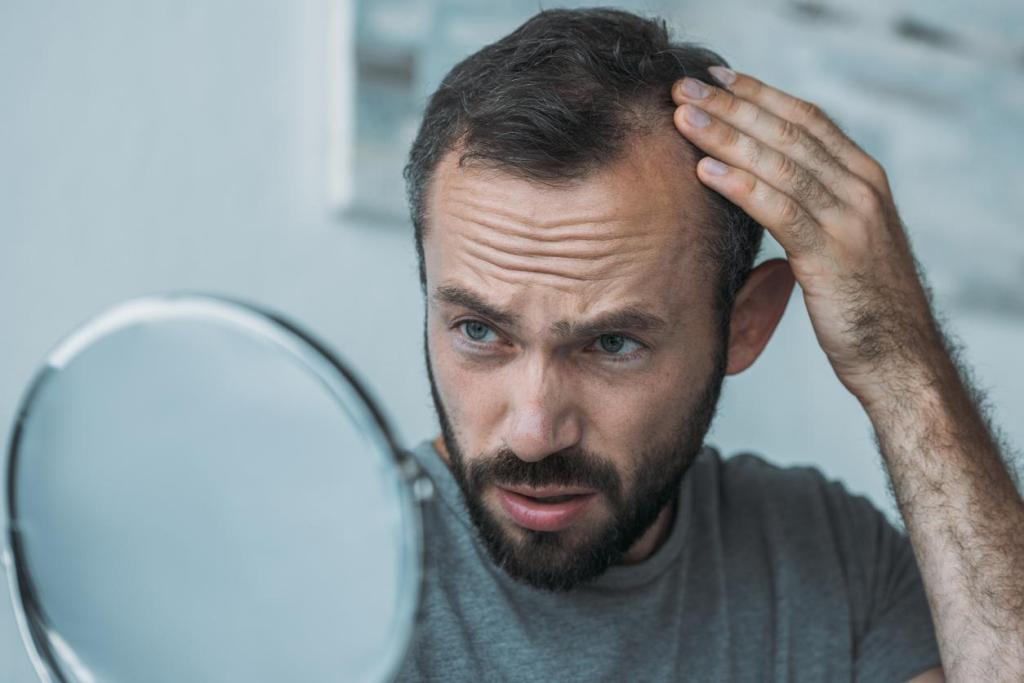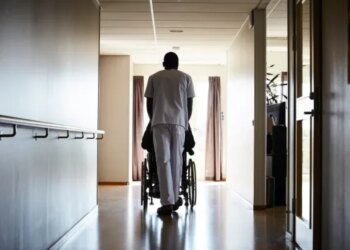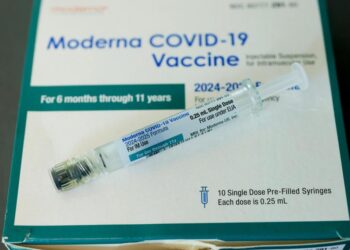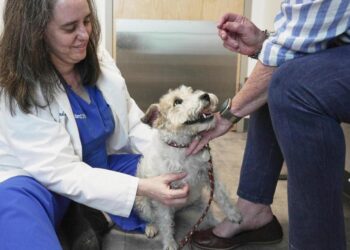Are young people losing their hair earlier than past generations?
New research shows anxiety and poor diet may be a factor in the early onset of hair loss in millennials and 20-somethings.
At the same time, men and women older than 50 are experiencing hair loss and hair thinning, either due to genetics, hormone changes or the aging process.
Together, these have triggered a skyrocketing demand for therapies and drugs to prevent and treat hair loss. So far, the FDA has approved only topical minoxidil and finasteride as pharmacological treatments. No other drug has been FDA-approved for the most common form of hair loss in almost 30 years. But that soon may change.
A least a half dozen medications and cell-based therapies are advancing in clinical trials, and Florida dermatologists see hope on the horizon.
“It’s an exciting time,” said Dr. Joshua Berlin, a Boynton Beach dermatologist who treats patients for hair loss. “We are seeing a resurgence of companies looking at solutions for this condition. Although it’s nothing life-threatening, it affects a significant part of the population, and it’s upsetting for them.”
Berlin said the increased advertising for hair loss products has created more awareness — and interest in solutions. “I am definitely seeing more people coming to my office specifically for hair loss.”
Dr. Brett King, an associate professor of dermatology at Yale School of Medicine, specializes in hair loss. He is jazzed about the advancements and attention on the most common form of hair loss called androgenetic alopecia, also known as female and male pattern hair loss. He recently discovered something for his patients that is working.
King is getting great results by prescribing oral minoxidil, a well-known hair-loss treatment drug typically applied to the scalp. Minoxidil is the active ingredient in Rogaine, a lotion or foam that is rubbed on the scalp, and is now generic. It has not been approved by the Food and Drug Administration for…
Read the full article here







